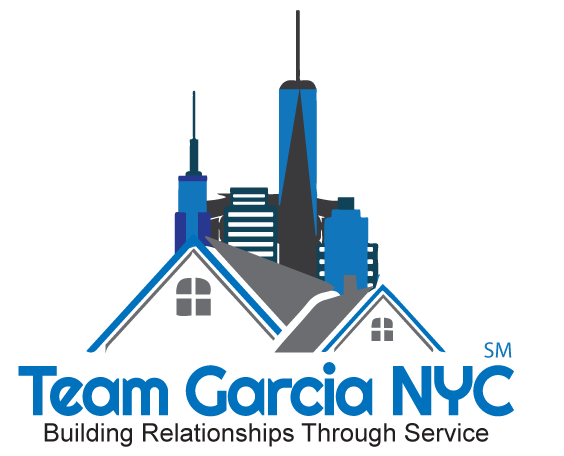Real-estate is an ever-growing business in a more and more competitive field, but some things stay constant, like the need for sales in specific circumstances, like a probate sale. More families than ever before are buying and selling homes and, in a market filled with such new concepts like probate sales, one might also look for the perfect real-estate agent. Say you found the perfect agent, along with the perfect house on which to make an offer, and you soon realize it will be sold through probate. You then ask yourself what a probate sale even is. No worries, we’re here to help.
💲 What is a probate sale and what is it used for?
 What is a probate sale, exactly? A house is sold in probate-status when a home-owner dies without bequeathing their property to another individual. When this happens, the State takes over, which is who governs and administers the property’s sale. This is to ensure the property is marketed and sold at the highest possible price while maintaining fairness to the deceased.
What is a probate sale, exactly? A house is sold in probate-status when a home-owner dies without bequeathing their property to another individual. When this happens, the State takes over, which is who governs and administers the property’s sale. This is to ensure the property is marketed and sold at the highest possible price while maintaining fairness to the deceased.
But what about a will? Why wouldn’t a house owned by the recently deceased be inherited by a family member of the departed? Well, that’s where probate sales come into the picture. This is to allow proper governing over the sale, done so by the courts in the appropriate county.
🏠 Why would a house need to go to probate?
Since the home being sold belonged to someone who is deceased, and no other names are attached to the property or estate, the state will seek other beneficiaries to transfer the estate to, rather than govern the sale themselves. When there are no beneficiaries or they have predeceased the former owner, and this happens quite frequently, probate is necessary to make sure the house is sold at the best possible price according to the market.
💵 What assets are included in a probate sale and why?
 There may be some confusion when it comes to the procedure of which assets are included in a probate sale and it’s a good question to ask. The assets that must be probated are all assets that are held jointly as tenants in common, all assets that are titled only in the name of the decedent, and those that don’t qualify as one of the non-probate assets. There will also be possessions of personal property, like appliances and furniture, clothing, and any other household goods which are all subject to probate and the probate court will want all these items included in the final inventory.
There may be some confusion when it comes to the procedure of which assets are included in a probate sale and it’s a good question to ask. The assets that must be probated are all assets that are held jointly as tenants in common, all assets that are titled only in the name of the decedent, and those that don’t qualify as one of the non-probate assets. There will also be possessions of personal property, like appliances and furniture, clothing, and any other household goods which are all subject to probate and the probate court will want all these items included in the final inventory.
💡 What do I need to know about probate laws in New York?
Probate laws, like any other law, vary state to state, and this is especially true for New York. In most cases of real-estate in New York dealing with probate sales, it is because the deceased, or the one leaving the will, died with assets valued at 30,000 or more. The Will must be admitted to probate by the Surrogate’s Court before it has any legal effect, the location of said court being in the county where the person died. For a Will to be valid it must be properly executed and must reflect, accurately, the wishes of the testator. A Will that has not been admitted to probate, whatever the reason, has no effect. It will remain this way until after the Will is probated, where then the Executor has authority to act. The will in question must, at least by New York Law, be signed in the presence of at least two witnesses and each must sign in the presence of the other for it to be validated by the state. The drafter of the Will must be competent to do so of his or her own free will, and not under undue influence or any duress.
Probate law, as you probably know, can be confusing, and the fact that it mutters around the recently deceased only adds fuel to the fire, but hopefully, now you have an understanding of the proper procedures needing to be implemented if the course of a probate sale ensues. Remember, a request for a probate sale must be honored by the Surrogate’s Court, and only needs to be done if the deceased owner’s property and assets value that of $30,000 or more and no possible beneficiaries can be found to claim ownership. The system, although seemingly confusing at first, is pretty straight-forward, as you can see. As long as proper protocol, procedures, and the law is followed, a probate sale should go smooth and easy.


